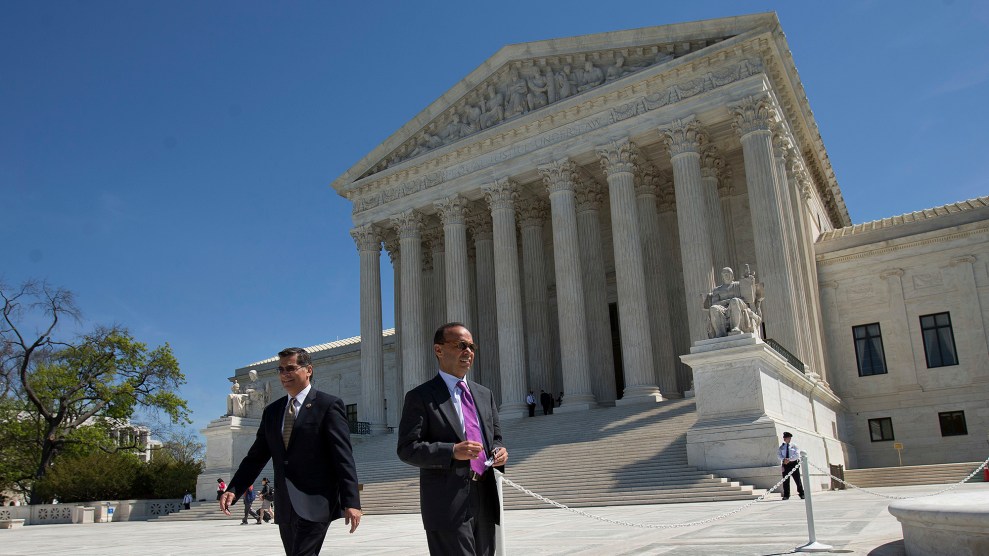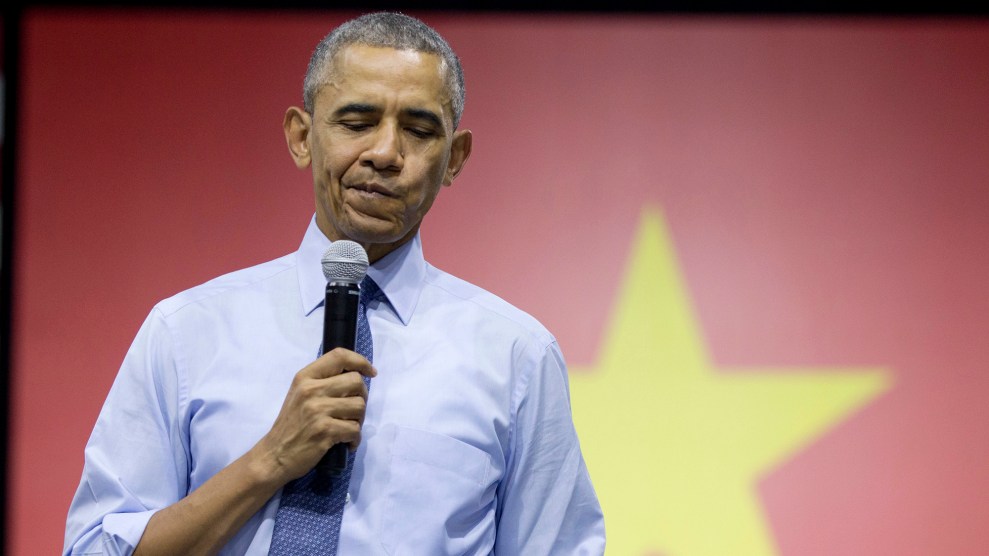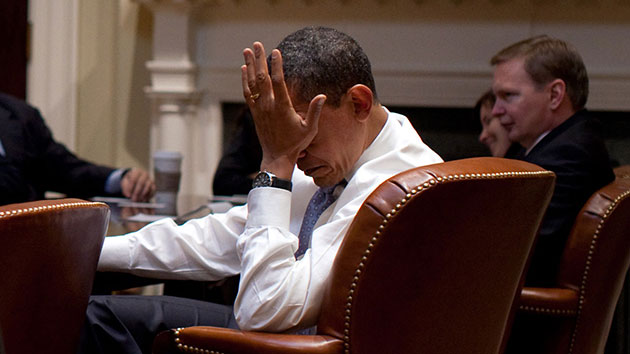
Pablo Martinez Monsivais/AP
The Supreme Court on Monday declined to consider a case concerning birthright citizenship for American Samoans, who are born on US soil but denied US citizenship.
Five Americans from the island territory had sued the federal government, arguing that the lack of citizenship violated their rights under the Fourteenth Amendment, which guarantees citizenship to “[a]ll persons born or naturalized in the United States, and subject to the jurisdiction thereof.” But the lower courts twice ruled against the American Samoan plaintiffs, relying heavily on a set of cases from the early 20th century which espouse outdated ideas about imperialism and white supremacy to argue that some provisions of the Constitution do not apply in outlying US territories. To the surprise of some scholars, the Obama administration in court briefings offered a full-throated endorsement of these so-called Insular Cases and argued that their application be extended to explicitly prohibit birthright citizenship to American Samoans.
The case’s troubling expansion of the Insular Cases, which many scholars believe should be marginalized or even overturned because of their racist origins, caught the attention of the country’s top lawyers, many of whom filed friend-of-the-court briefs asking the justices to take the American Samoans’ case. Theodore Olson, the former solicitor general, was representing the American Samoans. But their entreaties didn’t persuade the Supreme Court. The justices likely didn’t see this issue as pressing in comparison to other issues before the court. The timing of the case might have also doomed its chances: After the February death of Justice Antonin Scalia, the court has granted review to fewer cases in general, eschewing all but the most pressing ones.








